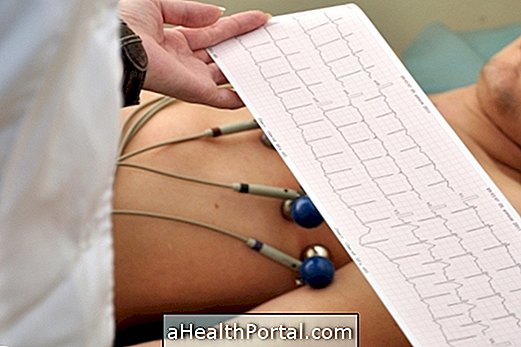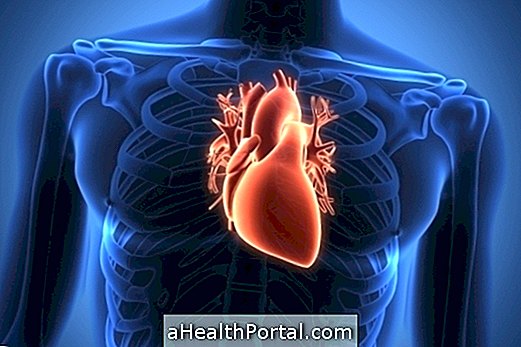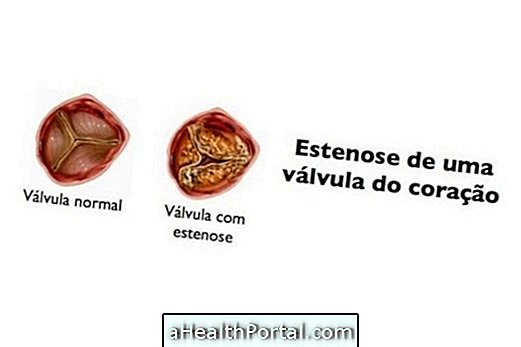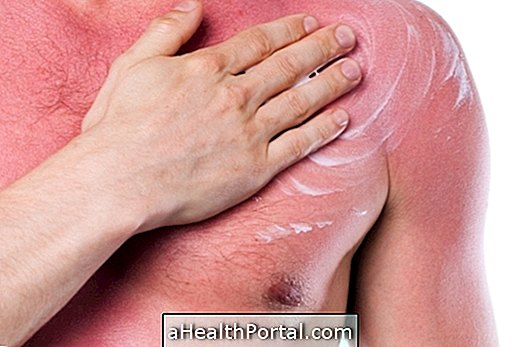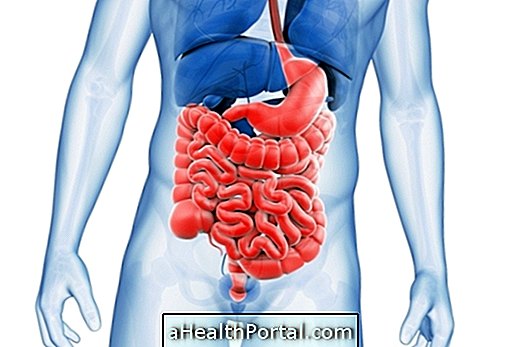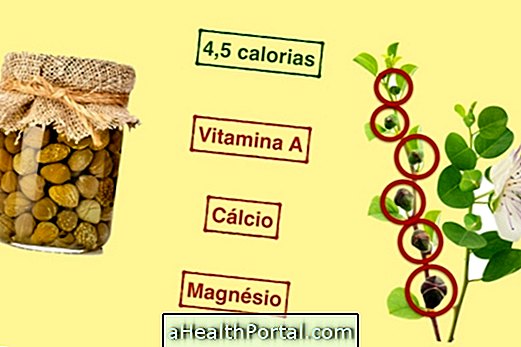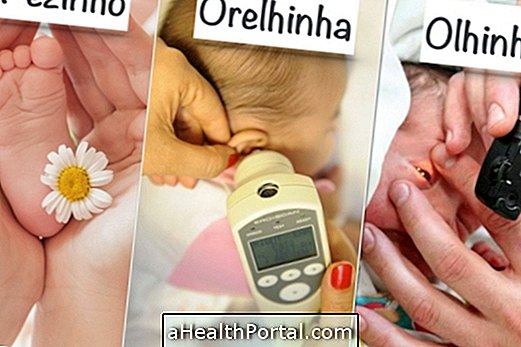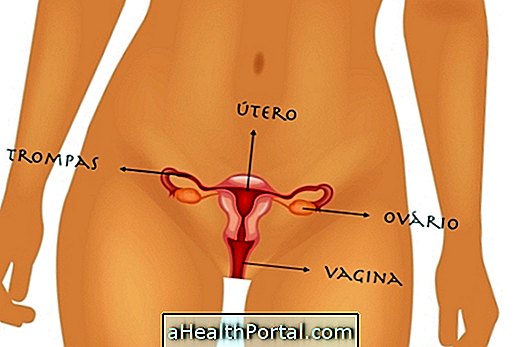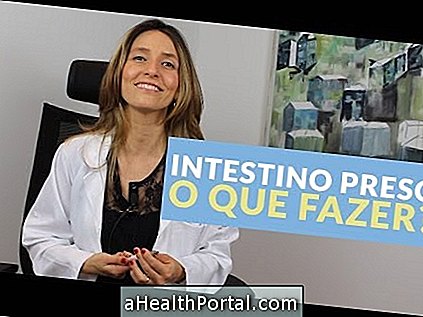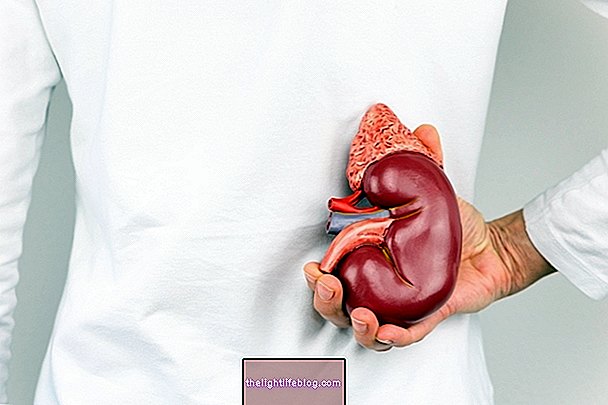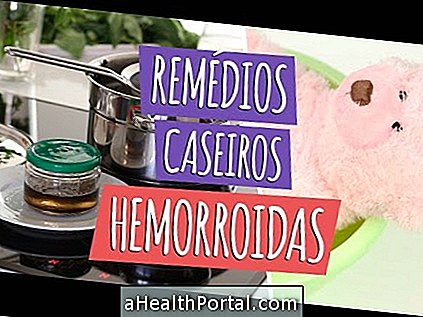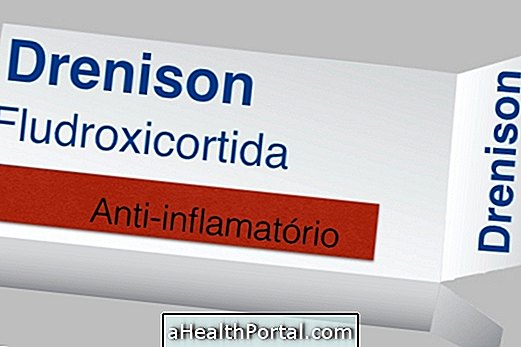Symptoms of a large heart, also known as cardiomegaly, are related to dilation of the heart muscle, which causes blood to accumulate inside the heart, veins and lungs, causing symptoms such as:
- Difficulty breathing, which gets worse over time;
- Swelling of the legs during the day;
- Palpitations or arrhythmia.
Cardiomegaly is usually a consequence of another disease, such as heart failure or high blood pressure, and therefore, to eliminate all its symptoms, it is very important to consult a cardiologist to start the appropriate treatment for each case, which may include remedies, changes in lifestyle or surgery.
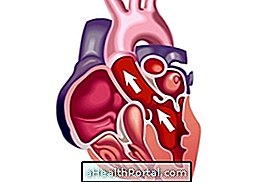

How to relieve the main symptoms of cardiomegaly
Difficulty breathing
Shortness of breath is one of the most common symptoms in patients with cardiomegaly because blood accumulating near the lungs causes fluid to enter the pulmonary alveoli, producing a feeling of shortness of breath, especially when exercising.
To relieve the feeling of shortness of breath you should always take the medicines prescribed by the cardiologist, especially the diuretics like Furosemide or Spironolactone, as they help to eliminate excess fluids through the urine, preventing them from entering the lungs. In addition, it is important to:
- Avoid eating foods high in salt, such as sausages, ready meals or snack foods: these foods promote fluid accumulation, even when taking medicines;
- Take regular physical exercise, such as walking or water aerobics: since released by the doctor, physical exercise is a great way to keep the blood circulating, avoiding its accumulation in the lungs;
- Sleeping with the head of the bed slightly elevated : besides avoiding the accumulation of liquid in the lungs reduces the pressure inside the chest, facilitating the work of the muscles of the breathing;
In addition, in some cases, the doctor may also recommend having respiratory physiotherapy consisting of a set of exercises guided by the physiotherapist that helps to keep the airways more open, facilitating breathing and relieving the sensation of shortness of breath.
2. Swelling of the legs
The swelling in the legs happens due to the accumulation of blood in the veins that causes the liquid present in the blood to leave to the tissues, causing an exaggerated swelling. This swelling happens mainly in the legs because it is more difficult for the blood to return to the heart, however, it can happen anywhere in the body.
Thus, to reduce swelling in the legs is advised:
- Do not stand for more than 30 minutes in the same position : standing too long or sitting, for example, facilitates the accumulation of blood in the legs because the veins have more difficulty in sending the blood to the heart;
- Raise legs at the end of the day for 20 minutes, supporting the feet on a cushion: helps the veins of the legs to send the blood back to the heart;
- Give preference to diuretic foods, such as watercress, spinach or melon: help increase the amount of urine and therefore promotes the elimination of excess fluids; See a more complete list: Diuretic foods.
- Take the medications prescribed by the cardiologist, such as Digoxin or antihypertensives: help the heart to function with more force, allowing blood to pump more easily and prevent it from accumulating in the legs.
Another technique that can be used to relieve swelling of the legs quickly consists of doing a lymphatic drainage massage. Here's how: Lymphatic drainage.
3. Palpitations and arrhythmia
Palpitations and arrhythmias are rarer symptoms of cardiomegaly that occur because of the lack of strength of the heart muscle to contract, causing it to need to beat more often to provide enough oxygen, for example.
Generally, when the patient has heart palpitations or arrhythmia, he should consult his cardiologist to start treatment with his own remedies for the problem, such as Amiodarone or Adenosine, which help the heart to beat in the normal rhythm.
In addition to the remedies, it is also important to do light exercise, avoid excessive stress and not consume substances that can increase the work of the heart muscle, such as coffee, cigarettes or alcohol.
